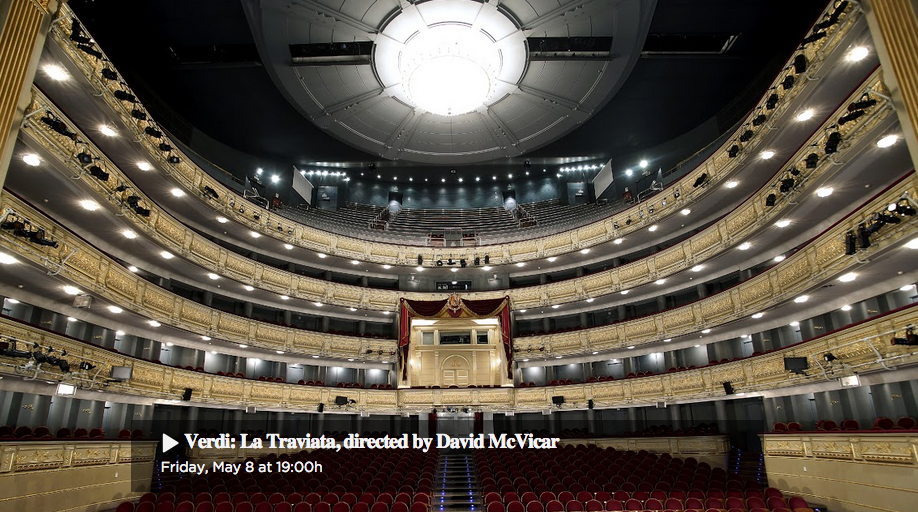Should we have any doubt about the malleability of George Orwell’s dystopian 1948 novel 1984, we need look no further than its most recent, very loose incarnation in a coming film titled Equals, which Variety’s Peter Debruge writes “should resonate most with the arthouse-going segment of the ‘Twilight’ fanbase.” That’s not a description that fills me with hope for a film project that might have brought us a worthy update of Orwell’s classic, as relevant as ever in a world full of high-tech surveillance states, technologically-enabled post-factualism, and choose-your-own creeping totalitarian political scenarios. These are concerns that deserve, nay beg, for a mature cinematic treatment, and a sophisticated new film adaptation of 1984 might be just the thing we need to grasp the moment. Instead, we may have to settle for glossy, Orwell-esque teen romance.
On the other hand, we might consider what should presumably be a sophisticated treatment of the novel in a recent adaptation that premiered in 2005 at London’s Royal Opera house. Composed by New York Philharmonic conductor Lorin Maazel, with a libretto by poet and critic J.D. McClatchy and Tony-award winning writer Thomas Meehan, the 1984 opera would seem to offer much more than an entertaining diversion. The work is Maazel’s first production, and he told the BBC, “I found that once I got into the material I was very inspired, very motivated, by the breadth of the story, by the challenge of making this extraordinary novel come alive in a different frame and context.”
As Maazel points out, and as the coming Equals movie exploits, the novel’s plot does indeed turn on a romance, among other potentially theatrical elements. Maazel says he “found within [it] the true stuff of opera—doomed love affair, political intrigue—very much like Don Carlos, or Fidelio, or Tosca.” How successful were Maazel and his writers at translating the dark political plotting of the novel to the brightly-lit stage of the Royal Opera? Well, you’ll notice that the “Press Articles” section of the opera’s website is tellingly thin, perhaps because the critics were not kind to the production, many calling it a vanity project, given that Maazel had financed it himself (with a company called Big Brother Productions). Nonetheless, the New York Times praised the libretto as “an effective treatment of George Orwell’s complex and iconic novel” that honors Orwell’s “themes and characters,” though they found the music in general much less compelling.
Widespread critical disparagement did not seem to impact ticket sales, however; the performance nearly sold out for three nights in a row. Opera houses everywhere, struggling as they are to attract new audiences and patrons, may yet consider reviving the work for its popularity. In the meanwhile, curious fans of opera, the novel, or both, can purchase a DVD of the production and see several clips here. At the top of the post, hear the overture and below it, see the love duet of Winston (Simon Keenlyside) and Julia (Nancy Gustafson). Further down, hear audio of the hymn “All Hail Oceana,” and just above, see the production’s finale. Speakers of Italian may find this brief television segment on the production of interest as well. While neither Maazel’s ambitious opera nor the upcoming, very loose commercial film adaptation seem to offer the contemporary 1984 we need, I for one hold out hope for a treatment that can effectively crystalize our fraught political present and Orwell’s disturbingly imagined future.
Related Content:
George Orwell Explains in a Revealing 1944 Letter Why He’d Write 1984
Josh Jones is a writer and musician based in Durham, NC. Follow him at @jdmagness


